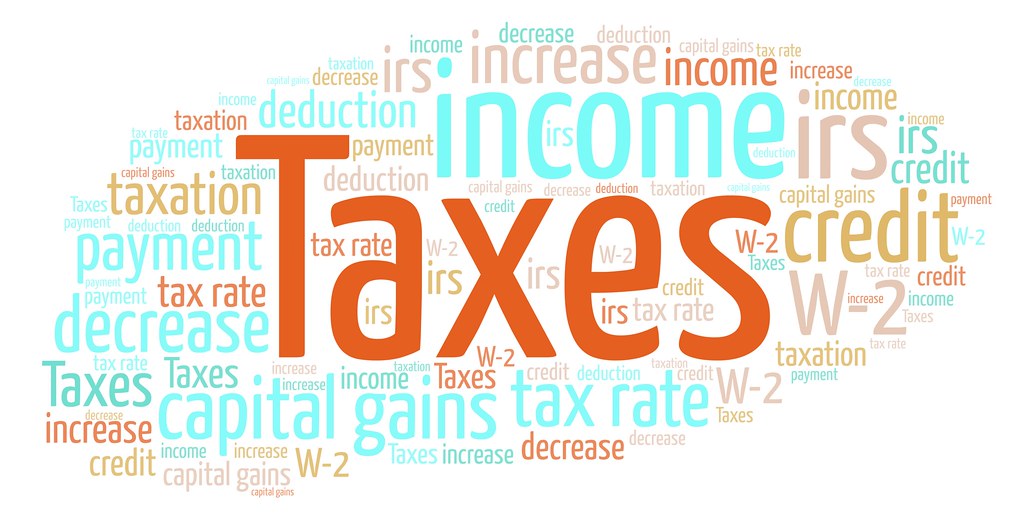The Treasury has unveiled plans to revisit radical public sector pension reforms made in 2015, after the Court of Appeal ruled that transitional protections provided to those within 10 years of retirement were discriminatory.
Investment platform, AJ Bell, estimated that around 3 million people could be affected, with the changes expected to cost the taxpayer £17bn in total – or almost £6,000 per member.
Reforms to public service pension schemes were introduced in 2015, with the Government’s aim to put the schemes on a more sustainable long-term footing. The main changes included moving from final salary to career average pensions, adjusting accrual rates, as well as aligning the age at which members would start receiving benefits with the state pension age.
For any pension rights built up between April 2015 and April 2022, public sector pension members will be offered the choice between the old scheme, where pensions were based on years of service and final salary, or the reformed scheme, where pensions were based on years of service and career average salary.
“In the middle of a pandemic and with the Brexit transition period fast coming to a close, a £17bn public sector pensions bill is probably among the last things the Government needed,” AJ Bell senior analyst, Tom Selby, commented.
“However, it was left with little choice after a 2018 Court of Appeal ruling determined transitional protections given to members within 10 years of receiving their pension – negotiated as part of radical reforms to public sector pensions introduced in 2015 – constituted age discrimination.
“This is a colossal and entirely avoidable own goal borne of the Government’s desire to appease trade unions when the reforms were introduced.
“In fact, Lord Hutton’s final report on the changes specifically warned age discrimination legislation meant it ‘would not be possible in practice to provide protection from change for members who are already above a certain age’. The decision to ignore this advice has proven extremely costly indeed.
“For those affected by the new settlement, today’s announcement is clearly good news, with the average member due to benefit by almost £6,000. However, for public sector employers and in turn taxpayers, it represents a huge cost which can only be borne either by cuts to services or higher taxes.”
Latest News
-
Residential property transactions fall 24% month-on-month
-
Later life lending loans jump 5.1% in Q4 2025
-
Mortgage Awards 2026: Winners announced
-
FCA outlines proposals to close gaps in borrowers’ credit files
-
St. James’s Place closes 2025 with record FuM
-
Average LTV on UK mortgaged home drops to 59% – IMLA
Mortgage Advice Bureau and AI in the mortgage sector
Chief executive officer at Mortgage Advice Bureau, Peter Brodnicki, and founder and managing director at Heron Financial, Matt Coulson, joined content editor Dan McGrath to discuss how Mortgage Advice Bureau is using artificial intelligence to make advancements in the mortgage industry, the limitations of this technology and what 2026 will hold for the market
Perenna and the long-term fixed mortgage market

Content editor, Dan McGrath, spoke to head of product, proposition and distribution at Perenna, John Davison, to explore the long-term fixed mortgage market, the role that Perenna plays in this sector and the impact of the recent Autumn Budget
NEW BUILD IN FOCUS - NEW EPISODE OF THE MORTGAGE INSIDER PODCAST, OUT NOW

Figures from the National House-Building Council saw Q1 2025 register a 36% increase in new homes built across the UK compared with the same period last year, representing a striking development for the first-time buyer market. But with the higher cost of building, ongoing planning challenges and new and changing regulations, how sustainable is this growth? And what does it mean for brokers?
Does the North-South divide still exist in the UK housing market?

What do the most expensive parts of the country reveal about shifting demand? And why is the Manchester housing market now outperforming many southern counterparts?
In this episode of the Barclays Mortgage Insider Podcast, host Phil Spencer is joined by Lucian Cook, Head of Research at Savills, and Ross Jones, founder of Home Financial and Evolve Commercial Finance, to explore how regional trends are redefining the UK housing, mortgage and buy-to-let markets.
In this episode of the Barclays Mortgage Insider Podcast, host Phil Spencer is joined by Lucian Cook, Head of Research at Savills, and Ross Jones, founder of Home Financial and Evolve Commercial Finance, to explore how regional trends are redefining the UK housing, mortgage and buy-to-let markets.
© 2019 Perspective Publishing Privacy & Cookies











Recent Stories